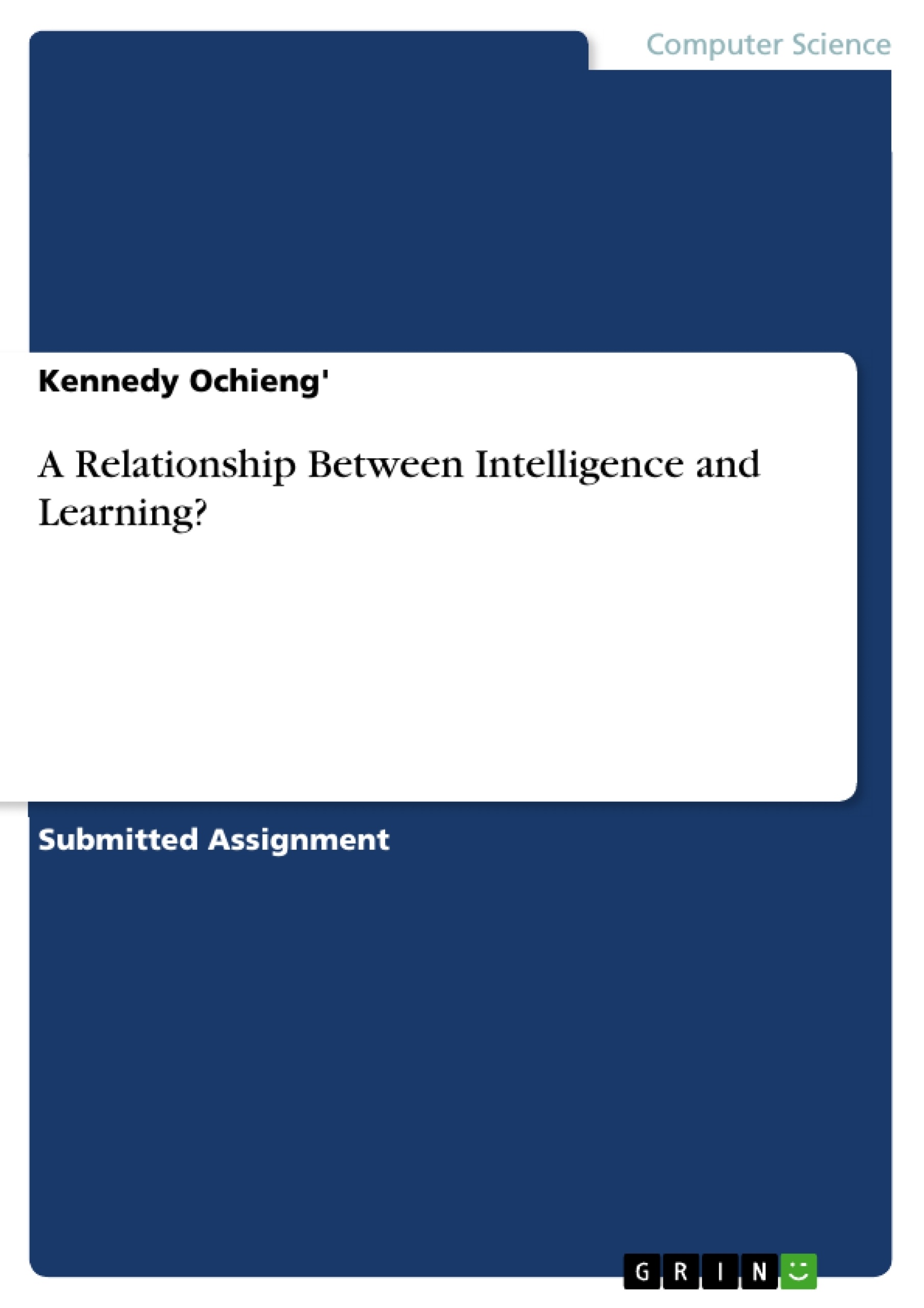The relationship between IQ scores and GPA follows a null hypothesis. It can be expressed as null hypothesis: p = 0, there exists no correlation between IQ scores and GPA Alternative hypothesis: 0, quantifiable correlation between IQ scores and GPA Results of the test showed statistical significance. There exists a positive relationship between IQ score and GPA. The strength of the relationship is 0.446 with a variance of 0.2: consistent relationship of the values. A high rate of behaviors related to GPA has a significant effect on the performance of children in school. Their verbal comprehension, perceptual reasoning, working memory, and processing speed skills is clearly noted in adulthood.
We can draw conclusions from the research related to the data. It supports the impact of the subjects behaviors, and the often portray some comprehension, memory and processing speed issues. There are some notable negative correlation and some diminishing academic success. This provides predictions about the personality of a child in adulthood and adult age. However, a closely related variable is the EF a domain that controls the inhibitory responses that influence the behavior inhibition and inhibitory control.
The study fails to prove a substantial reason to support the correlation existing between inhibitory control and fluency, planning, working memory and set shifting. This works especially in the salient to the development of the problem-solving skills required for active functioning.
Table of Contents
- The relationship between IQ scores and GPA
- Independent variables
- Descriptive statistics
- Correlation
- Regression analysis
Objectives and Key Themes
This study investigates the relationship between IQ scores and GPA, examining the potential correlation between these two variables. The study aims to determine if there is a significant connection between IQ scores and academic performance, and if so, to explore the nature of this relationship.
- Correlation between IQ scores and GPA
- Influence of cognitive abilities on academic performance
- Impact of independent variables on dependent variables
- Application of descriptive statistics and regression analysis
- Interpretation of statistical data to draw conclusions
Chapter Summaries
- The relationship between IQ scores and GPA: This chapter presents the null and alternative hypotheses regarding the relationship between IQ scores and GPA. It discusses the findings of a study that showed a positive correlation between the two variables, with a strength of 0.446. The chapter highlights the significance of behaviors related to GPA and the impact of cognitive abilities on academic performance.
- Independent variables: This chapter explores the concept of independent variables and their influence on dependent variables. It uses the example of a teacher examining the impact of revision time and intelligence on students' test performance to illustrate the relationship between independent and dependent variables. The chapter emphasizes the importance of identifying and analyzing independent variables to understand their impact on the dependent variable.
- Descriptive statistics: This chapter introduces the concept of descriptive statistics and its role in analyzing and presenting data. It explains the three primary measures of central tendency: mode, median, and mean. The chapter also discusses how descriptive statistics can be used to represent data visually and provide insights into its distribution.
- Correlation: This chapter delves into the concept of correlation and its significance in identifying connections between two variables. It explains how a scatter plot can be used to visualize the relationship between variables and how a correlation coefficient can be calculated to quantify the strength of this relationship.
Keywords
The primary keywords and focus topics of this text include: IQ scores, GPA, correlation, independent variables, dependent variables, descriptive statistics, central tendency, scatter plot, regression analysis, and cognitive abilities.
- Quote paper
- Kennedy Ochieng' (Author), 2015, A Relationship Between Intelligence and Learning?, Munich, GRIN Verlag, https://www.grin.com/document/299001




